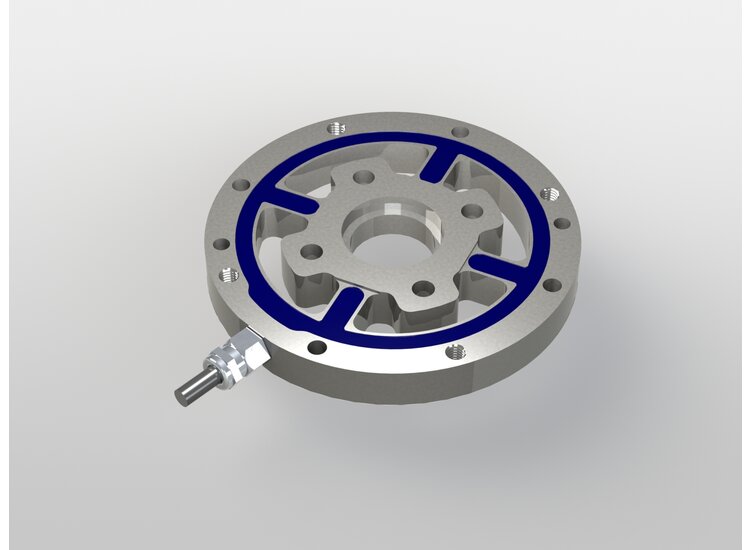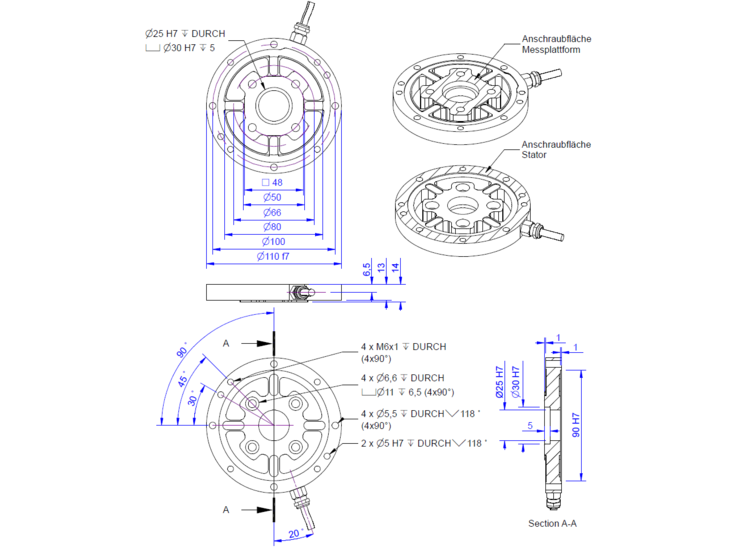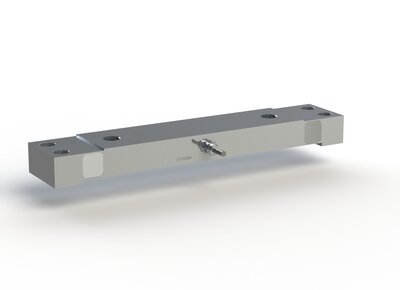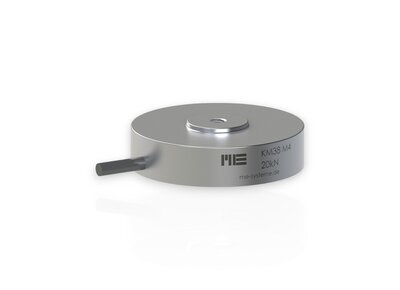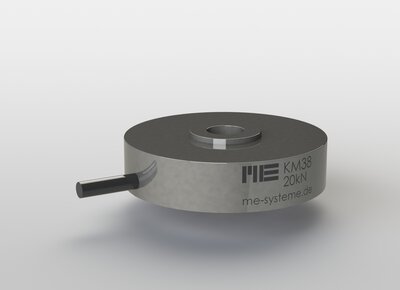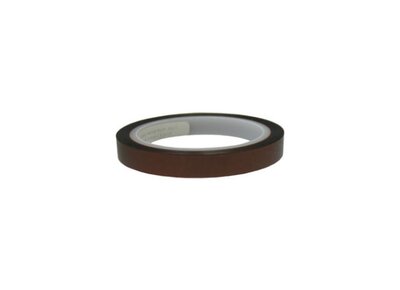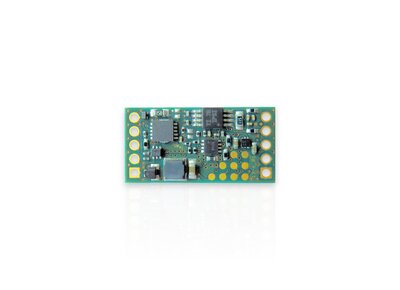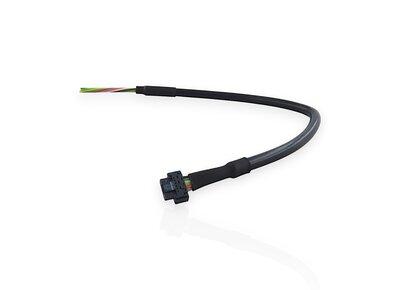The TS110a torque sensor is suitable for measuring the reaction torque (cable-connected, non-rotating).
The torque sensor consists of an outer flange and an inner flange, which are connected to each other via 4 measuring spokes.
The outer flange has 4 M6 threaded holes, the inner flange is equipped with 4 flat countersunk holes for M6 DIN912 screws.
The TS110a torque sensor is used both in torque test benches for quality assurance and in production machines.
The sensor is available in aluminum (20Nm ... 100 Nm) and in spring steel (50 ... 200 Nm).
As the torque is transmitted exclusively via frictional connection, the inner flange must be mounted with sufficient static friction from a torque of 100 Nm.
The use of a (detachable) joint, e.g. Loxeal-8521 or Loctite 630, is recommended.
From a nominal torque of 100Nm, the inner flange is provided with a blasted surface.
Translated with DeepL.com (free version)

